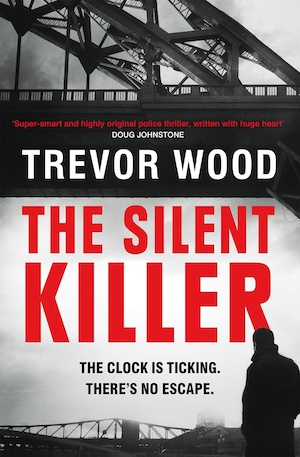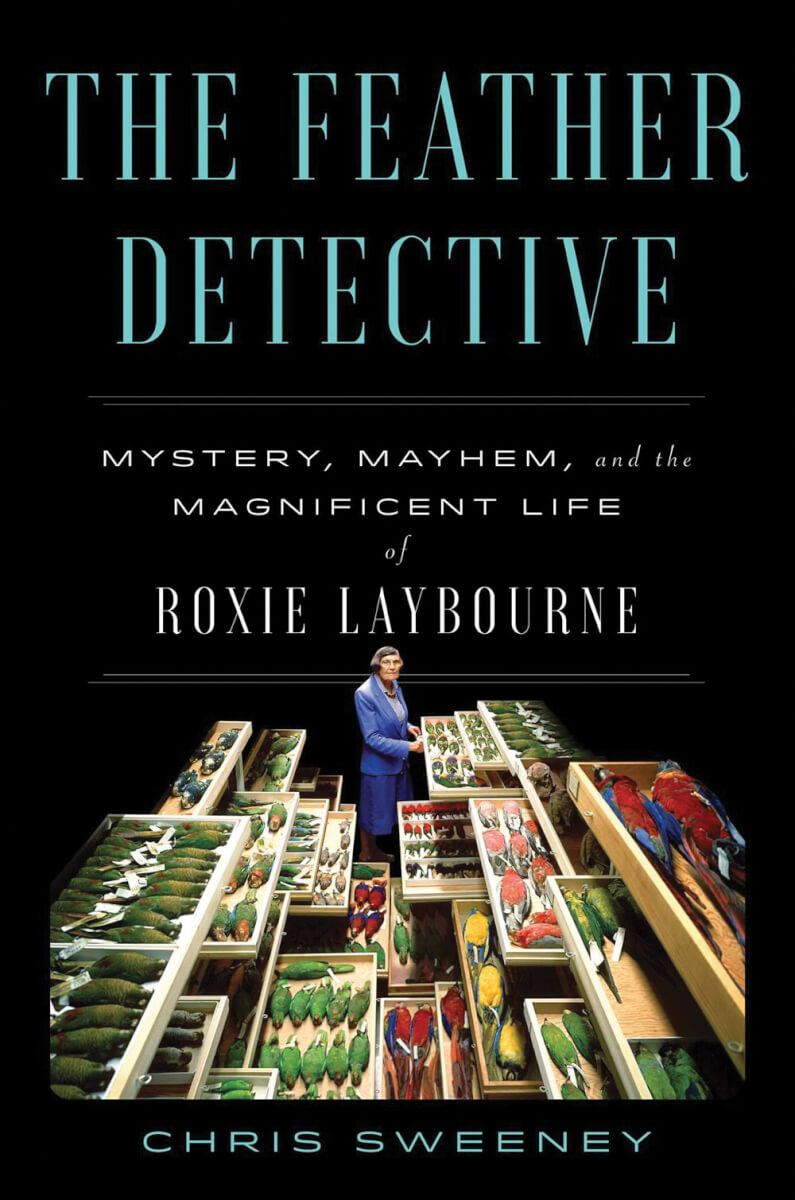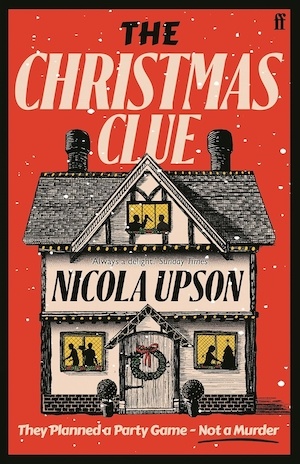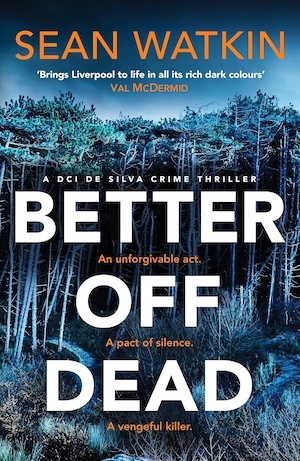The sense of place is so strong in some crime novels that their setting – London, Paris, St Mary Mead – practically becomes one of the characters. In RJ Koreto’s new mystery, The Greenleaf Murders, a Manhattan Gilded Age mansion takes on that role. It’s a non-speaking part, of course, except that the house does seem to say something the book’s protagonist, the young woman architect planning the top-to-bottom renovation, Wren Fontaine. Not only that, this mansion has secrets.
The owner, Steven Greenleaf, is cagey about his plans for the building, but has asked for some changes that don’t quite jibe with the idea of a family home. The only current residents, his elderly Aunt Agnes and her companion Mrs Ryan, will keep their small apartment. Mrs Ryan, née Murphy, is the last of a long line of Murphys with an intimate connection to the Greenleafs. For generations, the Murphys have worked for the family as maids, drivers, kitchen help and now, companion.
Wren and Agnes aren’t the only people interested in the house’s fate. The representative of a downmarket property development firm that renovates historic homes and turns them into bed-and-breakfasts also has her eyes on it. As you picture the vacant house, the ballroom and library locked up for more than 50 years, the unused dining room, the many empty bedrooms, the conservatory in ruins, you might think even that use would help dispel the pall of neglect hanging over the mansion now.
Checking the attic for access to the roof, Wren and her contractor discover a long-dead corpse, stuffed in a trunk. The police check it out are more concerned about 21st century crimes. Their interest picks up when the property developer turns up dead, shot by the same gun that killed the unknown person in the attic a century before. Apparently, death is still prowling the premises.
Wren thinks something other than the gun links these killings and that the house is the key to solving both crimes. Amateur detectives always have a rationale, however flimsy, for launching their investigations. Wren’s motivation for investigating the death of the body found in the attic is on the thin side, but she believes it will help her understand the house.
Digging for motives, including trying to uncover the secret of Ambrose Greenleaf, who died mysteriously in Argentina, gives Wren the opportunity to interact with some interesting secondary characters. There’s Mrs Ryan’s son, who holds a grudge against the Greenleafs and is sure the long-dead body belonged to a distant aunt, a maid in the house before she disappeared. There’s Sergeant Ortiz from the NYPD, who doubts Wren’s theories, but patiently hears her out. There’s a historic preservation purist, a bit of an extremist who knows more about the house than it seems he should. There’s her contractor who’s just as obsessive about the quality of materials and workmanship as Wren is – a perfect professional partner for her.
And, there’s a descendant of the wife of the man who built the house, a member of the prominent Vanderwerf family. These characters liven up the story, as Wren herself tends to brood. Mostly, she worries she doesn’t have the people skills she needs for her job. Houses, OK, she can relate to them, but people? Luckily for Wren, Heather Vanderwerf has every intention of bringing her out of her shell. They lapse into a romantic relationship quite quickly and comfortably, and it has every indication of being a good thing for them both.
Though the story moves along steadily, it’s at a stately pace suitable to the mansion itself, as Wren amasses information and develops her theories. I liked the writing style and could envision the house and its influence on the characters, though, at times, the dialog seemed contrived to move the plot forward, rather than convey what people would actually say in a conversation.
If the story has a theme, it’s one that resonates with me. That is, we don’t really escape the past, and there’s more of it with us all the time than we recognise or acknowledge. Wren, with her dedication to preserving the past, as reflected in the homes people designed and lived in, understands this better than most people.
If I had to think of a single word to describe this book, I’d say ‘pleasant.’ It’s satisfying to see someone dedicated to their work and not miserable in it, whose work is clearly valuable and has a tangible and visible end product – a beautifully restored mansion. Despite Wren’s fussing about how she interacts with other people, after her experiences with the Greenleaf mansion, she seems poised to relate to her clients and her new romantic partner very well indeed.
For a different angle on New York crime fiction see Eight Million Ways to Die by Lawrence Block, or Immoral Origins by Lee Mathew Goldberg.
Level Best Books
Print/Kindle
£4.94
CFL Rating: 4 Stars







